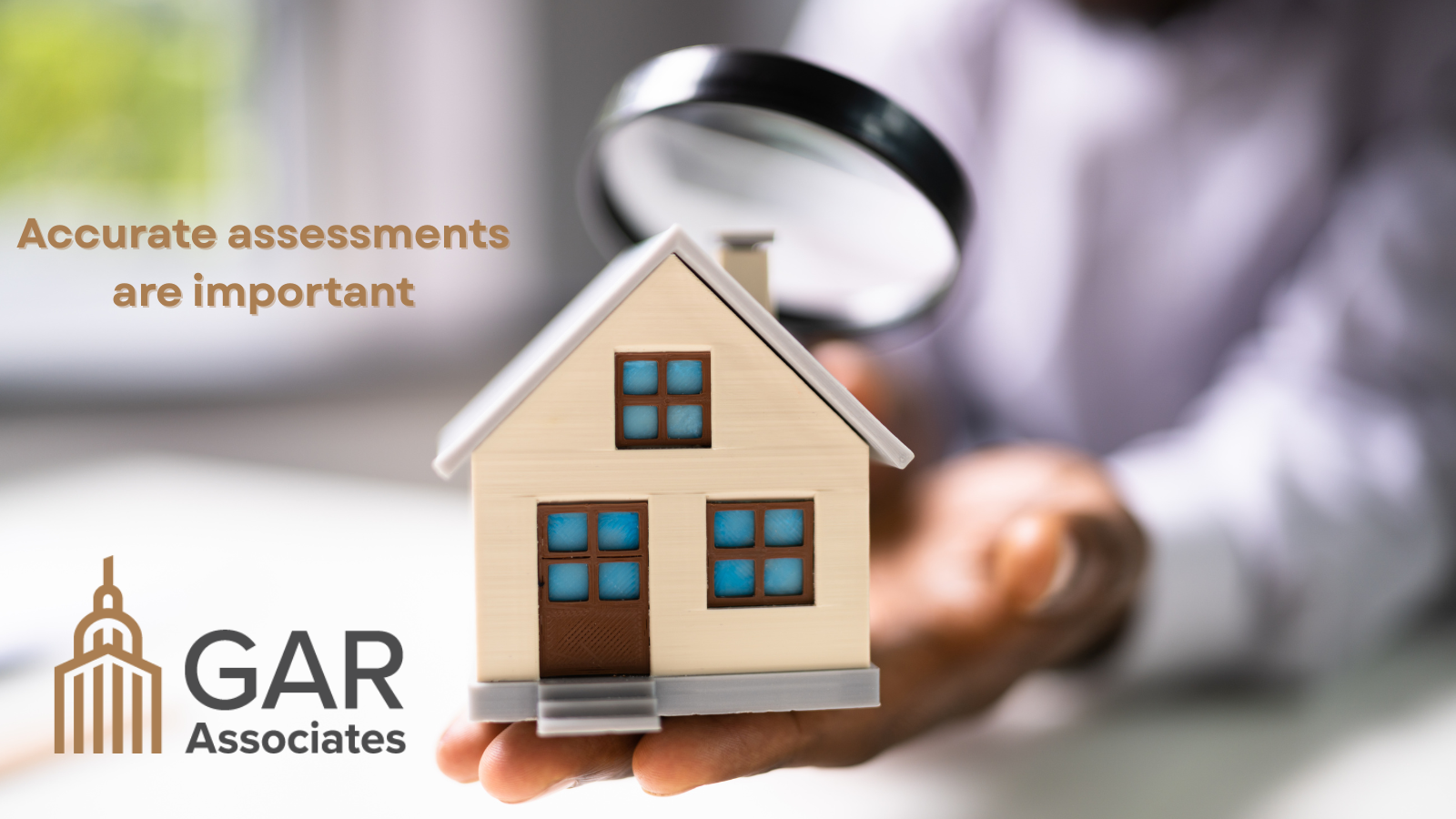By GAR Special Counsel/Partner F. Cindy Baire
After many years of working with property owners one common reaction to an increase in a property assessment is, “I am not interested in selling my property, why should I care what the market value is” or “ Isn’t market value determined when the property sells?”
While sensitive to both opinions/questions, the reality is that assessment offices are obligated to determine the value of properties within their jurisdiction. They do this by reviewing and analyzing sales transitions.
I provide the analogy of an appraisal for mortgage financing purposes. The bank or financial institution needs to determine a full market value in order to protect their asset (your home) when a mortgage is granted. If the property owner cannot pay the mortgage, the bank would need to sell the property to recoup their investment. Some buyers suggest the bank just use the purchase price. While in many cases the purchase price can equal the market value, sometimes it does not.
For example: Property A sells for $300,000. The asking price was $275,000. Sales of similar homes in the neighborhood are selling for $275,000 – $285,000. Why did this particular house sell for more? There could be several reasons, including the famous answer, “We overpaid, but we wanted to be in that neighborhood.” Appraisers may not be able to support the $300,000 in a bank appraisal and therefore the bank will only lend on the appraised value which could be lower than the purchase price. Now if the increase in purchase price is because the home has been completed upgraded, has new HVAC, a new roof, new windows, etc., maybe the $300,000 could be justified. If not, the buyers have to put up more cash if the appraised value is less than the purchase price.
Property owners should routinely research the sales activity in their neighborhood. Not because they are considering listing their home, but to stay informed on the value of their asset – their home. Also, to ensure their property’s assessed value is in line with the value of similar types of homes.
If your community assesses property at full market value it is easy to compare your assessment to similar homes. However, if your community assesses at a fraction of full market value and does not perform routine municipal wide reassessment projects, determining your property’s equitable assessment may be more challenging.
For example, if your community assesses property at 50% and your assessment is currently $150,000, your estimated full market value is $300,000. If your current assessment is $175,000, your full market value estimate is $350,000. If sales in your neighborhood for similar homes are in the range of
$295,000 – $325,000 and your current assessment is $300,000 your assessment is probably fair. If your current assessment is $350,000 you may be over assessed.
Most assessment offices have on-line property data websites where sales and assessments are easily accessible. Routine check-ups on sales activity in your neighborhood and throughout your community keeps you informed on fairness and equality in your assessment.
Assessment offices have an annual appeals process whereby property owners can challenge their assessment if they deem their current assessment as excessive or unequal to similar types of properties. Check with your local assessment office on specifics of the appeal process. Talk to your assessor about your assessment if you believe it to be inaccurate. The goal is to create fair and equitable property assessments so property taxes can be distributed fairly. Think of the property tax levy as a pie. Each property owner is responsible for paying a piece of the pie. Make sure that piece is accurate and fair.





